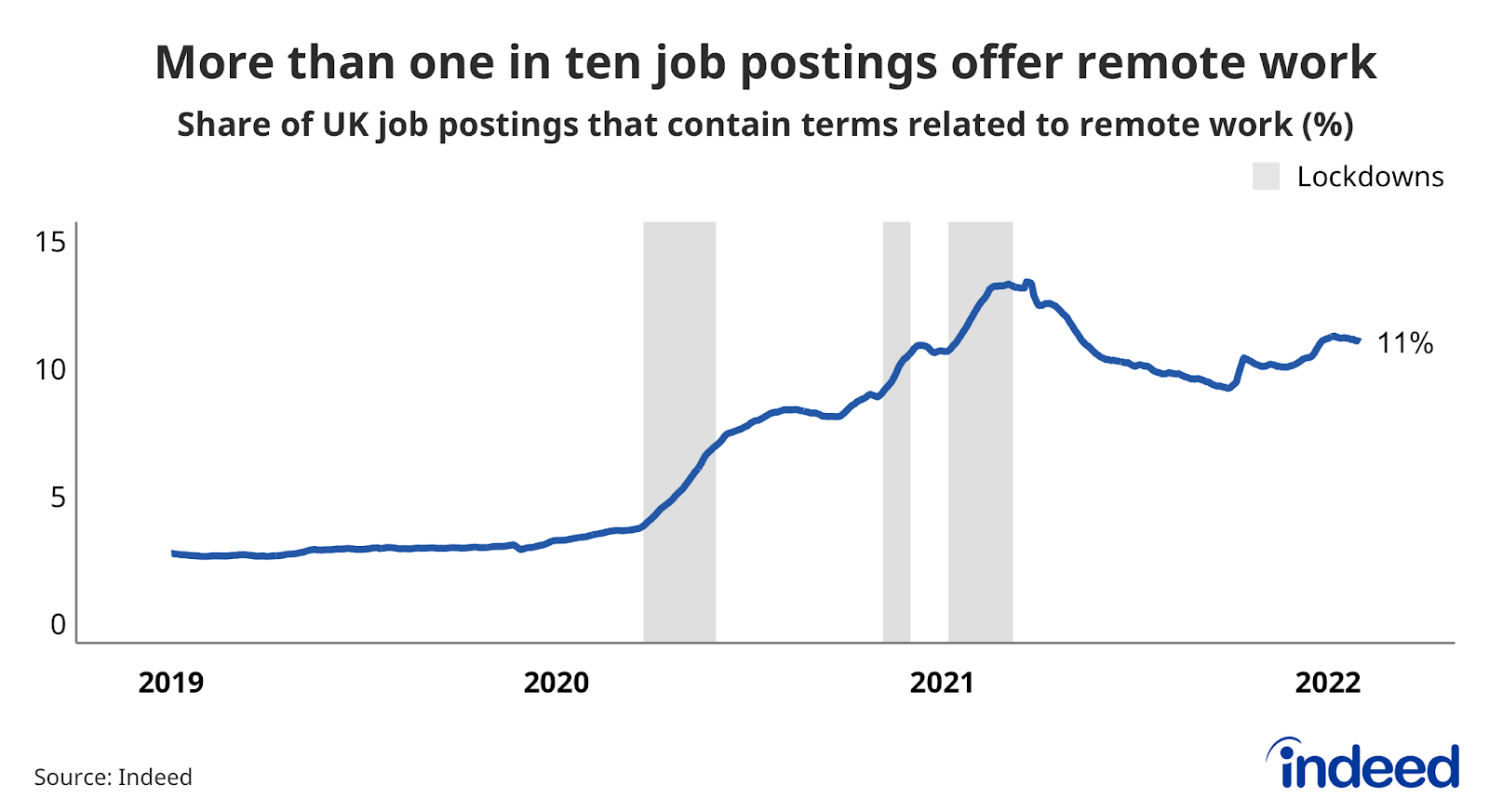When COVID-19 hit, businesses around the world were suddenly forced to work remotely. This posed a lot of challenges at first, but we’re all used to working remotely.
Most tech companies are now in a transitional stage where they have a hybrid team. With some staff based at or near the office, and a handful of team members working remotely from around the globe.
Business leaders are trying to decide if they should focus on growing their team locally, or remotely.
There are definitely benefits to both. Here are the top 5 reasons you should focus on expanding your remote team.
1. Access talent anywhere
Tech companies face significant challenges when trying to find talented hires locally, especially if you’re not headquartered in a city that has a large tech talent pool.
Instead of focusing on competing with other tech companies in your area for the same limited talent pool, hiring remotely allows you to access skilled talent in other cities or even other countries.
Hiring remotely has major benefits to hiring locally:
- You can find the perfect fit for your role
- You won’t be limited to who is in your area currently looking for work
- You won’t need to compete with other companies in your area hiring for the same roles
Hiring remotely can be a great solution for filling highly skilled technical roles where your local available talent pool might not have enough skills or experience to be a good fit.
2. It’s easier to find highly skilled talent
A recent survey from McKinsey found flexible working arrangements were one of the top motivators for finding a new job, second only to greater pay/hours and better career opportunities.
If you’re hiring for a technical role that requires a highly competent team member who has several years of experience and advanced skills, the chances of finding that person locally might be slim, especially if you’re not flexible on remote work.
Not only does someone in your area need to meet those requirements, but they have to be looking for a new job. Either that or you will need to try and poach them.
In today’s job market, tech companies have a lot of really unique roles, and the chances of someone being in your area who can fill that unique role are way smaller than they used to be.
When you choose to hire remotely, you longer need to worry about finding someone who is qualified, looking for a new role, and in your area.
Instead, you’ll be sifting through applications from talented and diverse individuals in other cities and countries.
3. People are less likely to quit
Very few workers want to go back to working 5 days a week in the office. Studies have shown that companies that offer remote work experience 25% less turnover.
Employees want to work remotely. They want to work from home and some even want to use the remote work opportunity to move to a cheaper city to reduce their cost of living.
If your company advocates working remotely, people are more likely to stick around.
Imagine if you told your staff that they had to be back in the office full-time, 5 days a week from now on. You would probably get several resignation letters.
4. Remote work is the inevitable future
Remote work isn’t going anywhere.
In fact, it’s growing. There are 300% more remote jobs now since 2020. Working remotely is inevitable.
Companies that adapt and thrive with a remote work model will continue to outpace competitors who want to bring office life back.

By embracing the future of talented remote teams working together around the world, you align yourself with the current-day goals of the workforce, especially in the tech industry.
The most talented workers don’t even want to work in an office anymore. They have options. Working remotely from their home office is way more enjoyable for them.
5. Remote teams future-proof your business
What happens would happen if there is another lockdown event like COVID-19?
If you had already been building and growing remote teams for years, you’d be fine.
But if you had avoided remote work at all costs, you’re going to struggle.
Diversifying your staff across different locations builds business resilience.
Any impact from future events will be lessened because you won’t need to deal with work-from-home policies and all the other stuff we did back in 2020.
The remote team is an agile team. Way more agile than the in-office team. And besides, if you’re not going to hire that talented remote worker, they could end up working for the competition.

